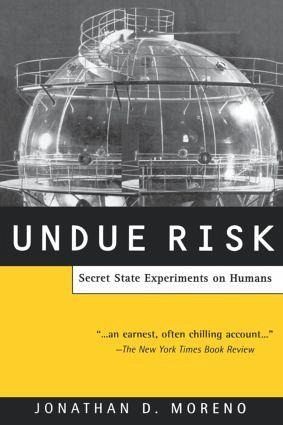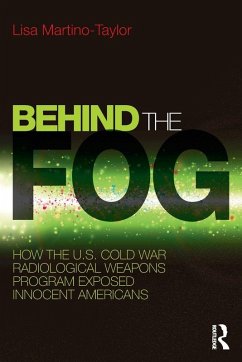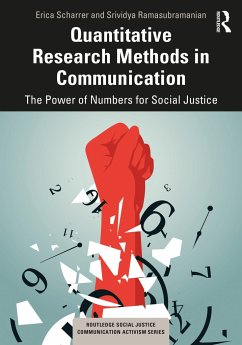
Undue Risk
Secret State Experiments on Humans

PAYBACK Punkte
22 °P sammeln!
From the courtrooms of Nuremberg to the battlefields of the Gulf War, Undue Risk exposes a variety of government policies and specific cases, includingplutonium injections to unwilling hospital patients, and even the attempted recruitment of Nazi medical scientists bythe U.S. government after World War II.














